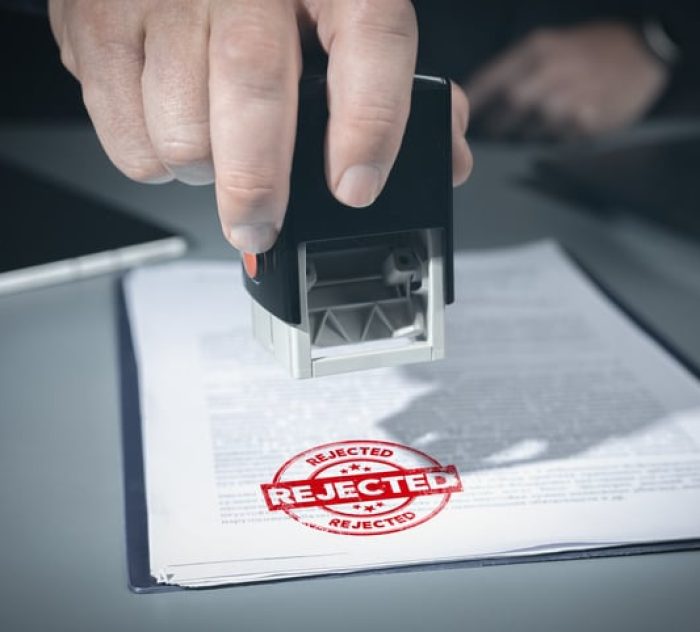Prior to the enactment of the temporary Emergency Video Notarization law in 2020, all notaries were required to be in the physical presence of signers—even during electronic notarization. The physical presence requirement of the North Carolina notary laws became burdensome (or downright impossible) during the COVID-19 pandemic. The value and convenience of technology in conducting business remotely quickly came to the forefront. To solve for the problematic physical presence requirement and to keep commerce moving, North Carolina passed a temporary law authorizing Emergency Video Notarization in 2020. Emergency video notarization expired at the end of 2021 but was restored via House Bill 776 and will remain in effect until June 30, 2023. The following day, remote electronic notarization will be permanently permitted pursuant to N.C.G.S. 10B-134 of the Electronic Notary Act.
What documents are eligible for electronic signature?
With the passage of the North Carolina Uniform Electronic Transactions Act (the “NC UETA”) in 2002, all customary documents in a real estate and/or mortgage loan transaction can be electronically signed. The exceptions of note to the NC UETA include (1) laws relating to wills, codicils, and testamentary trusts, (2) the UCC provisions relating to the purchase or lease of “goods,” (3) the North Carolina Electronic Commerce in Government Act, and (4) certain notices. According to the North Carolina Real Estate Commission, “[o]ther than the foregoing exclusions, virtually any transaction related to consumer, business, commercial, or governmental affairs may be conducted electronically with the consent of all parties. So long as the record or signature or contract is created or stored electronically in compliance with [the NC UETA], then it is legally valid and enforceable, despite the use of electronic means. Under [the NC UETA], a transaction may be totally paperless, with parties electronically signing documents created and exchanged electronically.” North Carolina Secretary of State Elaine Marshall wrote that the “[e]lectronic mortgage closing—or eClosing—is something the NC Secretary of State’s Office has worked toward for years. . . . North Carolina is prepared and uniquely positioned to lead the nation in this vital area of economic growth and development.”
When can a remote electronic notary be utilized?
As long as a notary is properly registered with the North Carolina Secretary of State as a remote electronic notary, he or she may remotely notarize any electronic document, except:
- A self-proved will
- A revocable or irrevocable trust
- A death beneficiary form that requires an acknowledgment
- Codicils
- Any document related to the relinquishment of parental rights
- Mail-in absentee ballots
What constitutes an electronic document and an electronic signature?
An “electronic document” is a document created, generated, sent, communicated, received or stored by electronic means. In the case of land records, it is sent and received by the applicable register of deeds in its electronic form.
An “electronic signature” is an “electronic sound, symbol or process attached to or logically associated with a document and executed or adopted by a person with the intent to sign the document.” This definition encompasses a variety of digital objects, ranging from keyboard characters to an e-signature with a historical time-stamp, to a signature attached after undergoing a form of authentication (e.g. a passcode). The electronic signature can be “attached to” or “logically associated” with the document by embedding it or maintaining it within the same database or index. The signer has the same intent as if signing the document with a physical pen and paper.
Will wet ink signatures qualify for remote electronic notarization?
The Emergency Video Notarization statute set to expire on June 30, 2023, allows a notary to use video conference technology to observe the participant signing the document by hand (i.e., a “wet ink signature”). However, beginning July 1, 2023, N.C.G.S. 10B-134 will only permit electronic notarizations via electronic signatures, with the remote electronic notary affixing his or her official signature electronically.
What is a remote electronic notary required to do prior to performing a remote electronic notarial act?
- Be physically located in the State of North Carolina at the time of the remote electronic notarial act
- Confirm that the communication technology is secure
- Inform the participants that North Carolina law requires the recording of the remote electronic notarization
- Require the remotely located principal to confirm that he or she is not under duress and is not otherwise being coerced to complete the transaction
- Verify the identity of the remotely located principal
- Ask the remotely located principal if he or she would like an attorney present, and allow for such if requested
- Verbally state what documents are being signed for the notarial record
- Verify the location of the remotely located principal by geolocation via communication technology
What is required on the remote electronic notarial certificate?
- The remote electronic notary’s electronic signature and electronic seal
- Facts attested to by the remote electronic notary
- A statement identifying where the remotely located principal was physically located at the time of the notarization
- A statement that the notarization is a remote electronic notarization performed using communication technology by a remote electronic notary
Does the remote electronic notarization need to be recorded?
Yes, each remote electronic notarization must be recorded. The recordings must be kept by the remote electronic notary in a securely stored electronic journal.
Only technology platforms licensed by the NC Secretary of State will be permitted.
What are the fees for remote notarization?
The maximum fee that may be charged for remote notarization is $25.00 per principal signature.
Which North Carolina counties support Electronic Recording (“eRecording”)?
The North Carolina Uniform Real Property Electronic Recording Act (the “NC URPERA”), enacted in 2005, further validated electronic documents and signatures and a recorder’s authority to receive and record documents electronically, if desired. Please visit the following website published by the North Carolina Association of Register of Deeds for a list of each county that supports eRecordings, along with which types of documents are able to be e-recorded therein: eRecording Counties – North Carolina Association of Registers of Deeds (ncard.us).
If you have specific questions regarding electronic notarization, reach out to Poyner Spruill LLP’s financial services attorneys for assistance.



